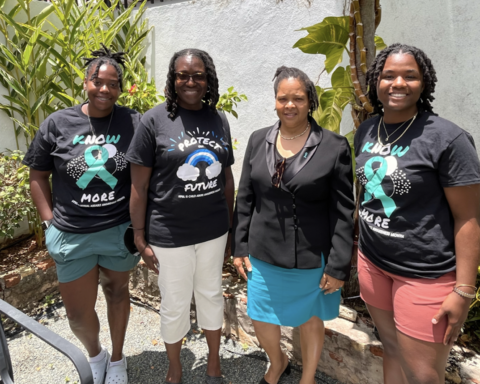Courtesy of Claflin University
Claflin University has received a $548,000 grant from the U.S. Economic Development Administration’s (EDA) University Center Economic Development Program. The program aims to enable colleges and universities to establish and operate University Centers (UCs) to leverage university assets and build regional economic ecosystems that support innovation, high-growth entrepreneurship, resiliency, and inclusiveness. The EDA is one of several multi-agency initiatives supported by the U.S. Department of Economic Development.
The total investment is $1,096,180. Claflin will be awarded $109,618 per year for five years.
The Claflin University EDA University Center will support commercialization efforts, high-growth entrepreneurship, workforce development, business expansion, and cultivate innovation in Allendale, Bamberg, Barnwell, Colleton, Hampton, Jasper, and Orangeburg counties. Claflin’s EDA University Center will work closely with the region’s rural and underserved minority populations that have limited access to economic and business development resources and regional commercialization efforts.
“Claflin University will take a leadership role in the economic development in our region. We will become drivers of economic growth by actively engaging the community,” said Dr. John Jasina, associate professor of economics and Presidential Fellow at Claflin University. Dr. Jasina and Dr. Nicholas Hill, dean of the School of Business and professor of economics, are the grant’s co-principal investigators (PI). Jasina will also serve as the director of Claflin’s University Center.
“Claflin faculty and students will provide cutting-edge research to promote growth and prosperity to those who need it most. The University Center will utilize its expertise in applied economics to assist public and private sector leaders in understanding the factors that lead to local and regional economic growth and identify effective policies that contribute to economic growth. We want to enhance the performance of entrepreneurs by increasing their critical thinking and quantitative analysis skills,” said Jasina.
The University Center will work closely with entrepreneurs to conduct research that will include regional economic analysis, economic impact analysis, labor, and strategies to expand economic and workforce development. The Center will provide technical assistance to small businesses in the region, empowering regional entrepreneurs to become engines for economic growth in their communities.
“We plan to create a business development curriculum that will teach entrepreneurs how to operate in a formal economy,” Jasina said. “It will also teach them how to increase capacity and growth through innovation in domestic and global markets.”





